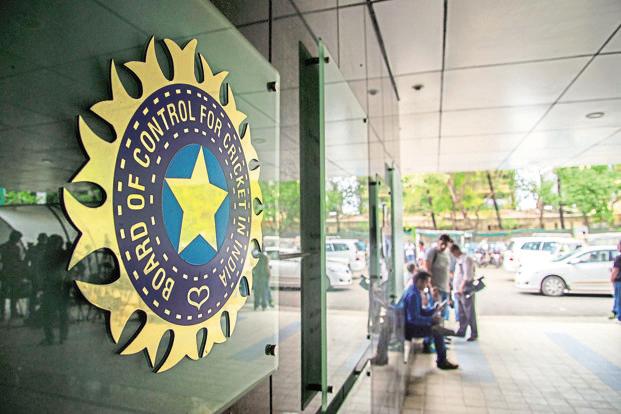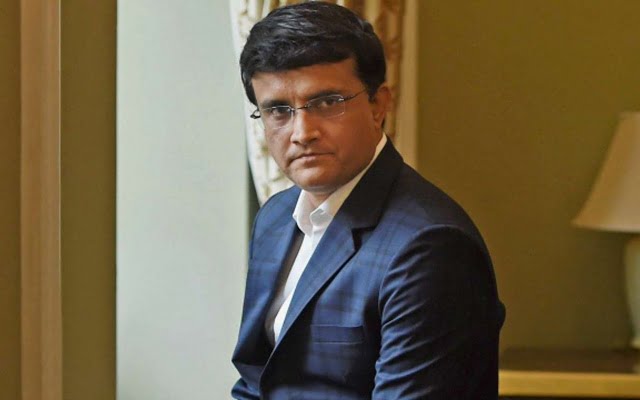The BCCI will decide on the Cricket Advisory Committee (CAC) and its subsequent changes in the national selection committee only after the Supreme Court gives its words on amending of the key Lodha reforms in January. This could see that MSK Prasad-led committee will also select the squad for the upcoming three-match T20I series against Sri Lanka, starting from January 5.

“It is unlikely that the CAC will be formed before the Supreme Court hearing in January. So naturally, the selection committee might also take some time to form. It is still not clear whether the new selection committee or the existing one will pick the squad for the marquee New Zealand tour,” a BCCI source told PTI.
The BCCI earlier has asked for the relaxation in the ‘cooling-off’ period which will allow president Sourav Ganguly and secretary Jay Shah to complete their full terms other than of 10 months. In fact, Ganguly had also spoken up about the issue related to CAC and the Conflict of Interest as well.
Read here: No Cricketer in Custody, Except Bookie Sayyam for KPL Betting
“CAC doesn’t have much work. We keep talking about CAC, but the job of CAC is appointment of selectors and coach. So, once you appoint a selection committee, it stays for four years and once you appoint a coach, it (he) stays for three years. So, where is the need of having a full-time CAC?,” Sourav Ganguly said while addressing media after Board’s AGM.

“So far it (CAC) is honorary, so even if you pay, you pay on what basis. There is no regular work. To have CAC with conflict of interest, I don’t know whether it is the best thing. It is about only one meeting,” Ganguly further added.
However, he said it will approach the apex court to get a clarification on the clause of conflict of interest.
“Conflict clause stops everyone, that’s why we can’t make the CAC. That’s why we can’t bring proper selectors. Conflict should only be for someone like us (office bearers). Conflict stops us from getting good people. We are going back to the court to get clarification about conflict clause,” Ganguly concluded.
